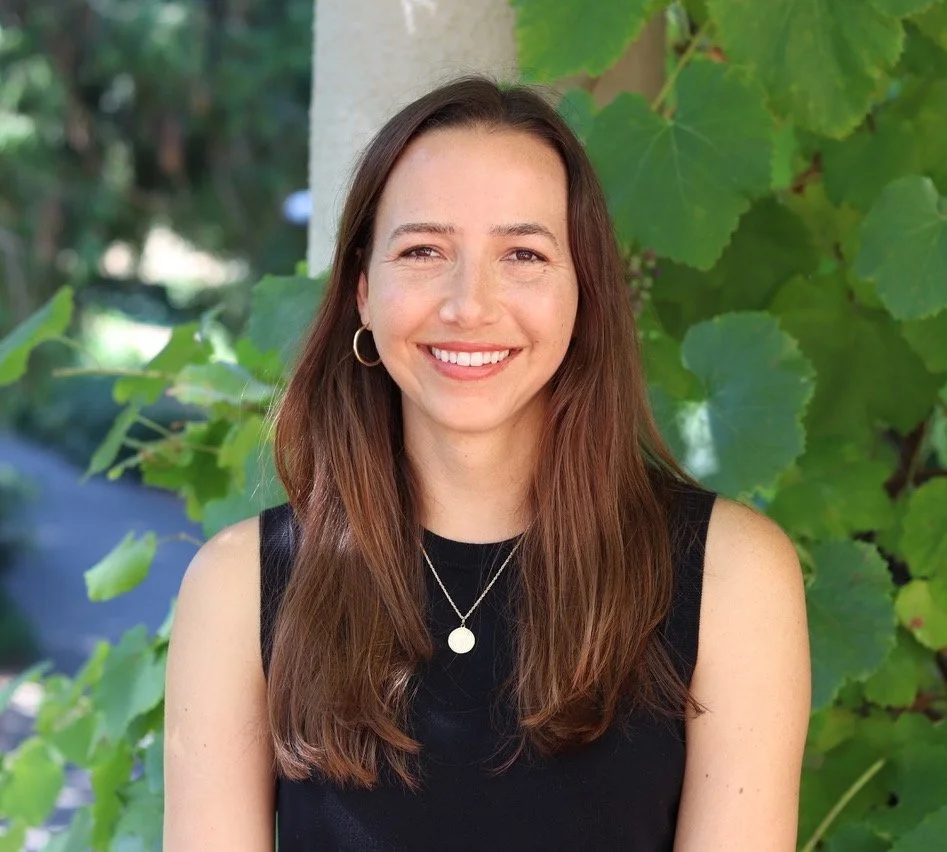Do One Thing! MAPP Alumni Board President’s 2022 Letter
/Welcome to a great 2022 in the MAPP Alumni Association! I am looking forward to an exciting year with new programs and opportunities that speak to the many passions of our 600+ alumni around the world, and create high-quality connections within our community and with those we serve.
We maintain our vibrant community through the volunteer efforts of alumni who give their time and talent to our great organization, year after year. Many of our individual services and initiatives are made possible due to the efforts of a single alumni. The community grows accustomed to and familiar with programs and resources without recognizing and supporting the effort it takes to serve our growing community. Sharing the responsibility for making programs happen also reduces burnout that can occur when one person does it all.
The board would like to step up to this challenge, working from both directions, resulting in greater connection and collaboration with YOU!
Read More























